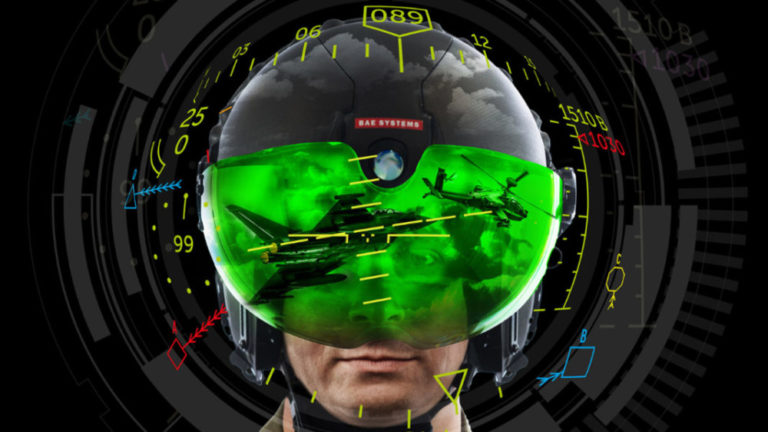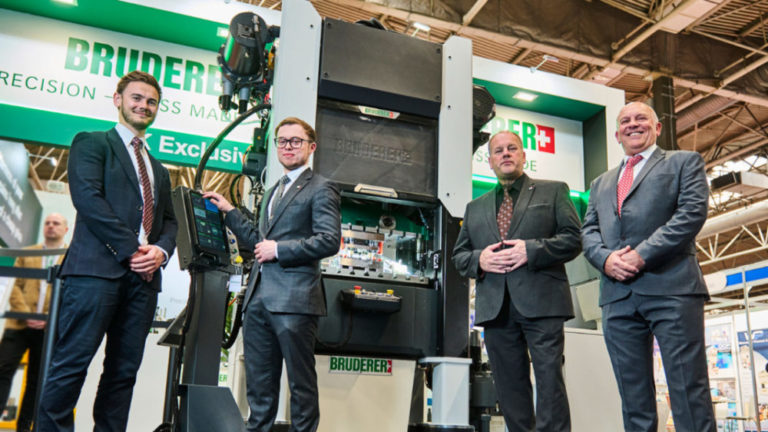Brewing Up Innovation: Ukrainian Cafe Uses AI to Connect with Customers

Tech visionary Robb Wilson shows how conversational AI is adding a human touch to a cafe on the frontline of the war in Ukraine. In this compelling story, Robb describes how his decades of work in conversational interfaces led him to open the unique HUMANS cafe powered by an AI assistant named Hugh. With Hugh automating tedious tasks, the HUMANS staff can focus on connecting with customers, even as missiles strike Kyiv. Wilson explains how this demonstrates the true potential of AI – not to replace humans, but to bring people together.
A New Kind of Cafe Using AI on the Frontline of War
Two decades ago I started working with conversational AI because I didn’t want to see technology leave people behind. The technologies associated with conversational AI offered a pathway for people to interact with technology using a natural interface. This seemed like the way forward to me, so I set about creating a conversational assistant. My team called it Cybil and we began teaching it skills that people could query over Yahoo Messenger.
Users could ask Cybil questions conversationally and get responses in kind. When Cybil didn’t have the answer, it would send me a message asking for information. Cybil could remember things it learned along the way, simultaneously closing knowledge gaps and growing the number of questions users could ask it. I was on the road a lot in those days, and my team was particularly fond of the “where’s Robb” functionality that was able to track my location.
Talking to Adam Cheyer many years later I learned that, as the co-founder of Siri, he was solving similar problems with similar technologies. Siri was famously sold to Apple as a groundbreaking app. I saw Cybil as the cornerstone of a broader vision for conversational AI—powerful interface into technology ecosystems where users utilize and even create new software conversationally.
The work has always been fascinating with frequent breakthroughs, but adoption was slow to arrive. In 2022 I wrote about the impending mass adoption moment I saw coming in my book, Age of Invisible Machines. Then, a few months later, it manifested with the surge of interest in generative technologies kicked off by ChatGPT.
While large language models (LLMs) have given people the ability to synthesize all kinds of content, I see their real power as an interface. I’ve helped numerous enterprise teams leverage LLMs in this way, often with dramatic results, but I’ve also seen a potent dose of this approach to conversational AI manifest in a small cafe in Ukraine.
Many years ago I was visiting the Google campus and took note of the various coffee shops scattered around their campus in Mountain View, Calif. The cafes were inviting, but were all demarcated “employees only,” which seemed like a missed opportunity to me. A seed was planted, and I became mildly obsessed with the idea of creating a cafe that would operate as a link between a company and the community surrounding it.
When my own company opened our European headquarters in Kyiv, Ukraine, I took the opportunity to put the idea into action. As team members open the front door to our office in Kyiv, they walk into a bustling cafe called HUMANS, Coffee in Tech. HUMANS is a shared environment that serves employees and the general public, who are often working side-by-side in a neighborhood that’s been on the frontline of a war for more than a year.
HUMANS has managed to maintain profitability even as Kyiv has been slammed by Russian missiles. The cafe is led by Anna Yankovska, who’s been working in hospitality for over a decade. Anna says that the high turnover rate typically attributed to baristas hasn’t been an issue at HUMANS. Much of the credit goes to Hugh, a descendant of Cybil that was built on the orchestration platform that I’ve been building for the past decade.
“I wanted to create a hospitality organization with minimal management. Where everyone is passionate about what they do. Where people can bring a variety of skills and talents and don’t have just one little boring function,” Anna says. With Hugh automating processes like onboarding new employees, ordering, inventory, running payroll, and managing schedules, Anna has been able to create what she calls a “dream environment.”
Hugh uses GPT and other technologies to automate the menial tasks that distract baristas from the rewarding parts of their job. By letting baristas focus on making delicious coffee and conversing with guests, Hugh is helping HUMANS thrive by making it easier to organize a smaller staff without a hierarchy. “Anything we hate doing we train Hugh to handle,” Yankovska says.
What’s most exciting to me is that baristas are using the platform I built in the same way our enterprise customers do. They are orchestrating technologies like large language models as part of process automations using code-free creation tools. More importantly they are collaborating more closely with fellow humans. It reminds me of something Jaron Lanier, co-creator of VR technology as we know it and Microsoft’s Prime Unifying Scientist, told me recently.
“I don’t think of AI as creating new entities. I think of it as a collaboration between people. That’s the only way to think about using it well … to me it’s all a form of collaboration. The sooner we see that, the sooner we can design useful systems … to me there’s only people.”
In the case of HUMANS, the people involved have unified their efforts and are seeing many tangible results. The monetary benefits of conversational AI have led to better wages than other coffee shops in the area as well as the ability to reduce landfill waste to zero. Last year HUMANS also raised over $20,000 USD to support the Ukrainian war effort.
In a very real way, HUMANS has also become a welcome and trusted respite for locals during the ongoing war. “Often, when there are air raid sirens, people tell us this is where they want to be, not in a basement with strangers,” Anna says. “People don’t want to leave.”
To me, this points emphatically to the real power of the technologies associated with conversational AI. By clearing away tedium, it can bring people closer together and make their work lives more rewarding, which has the cyclical effect of bringing them even closer to their communities.
Robb Wilson is the Founder, Lead Designer, and Chief Technologist behind OneReach.ai, the highest-scoring company in Gartner’s first Critical Capabilities for Enterprise Conversational AI Platforms report, and he is author of the WSJ bestselling book, Age of Invisible Machines: A Practical Guide to Creating a Hyperautomated Ecosystem of Intelligent Digital Workers. Robb has spent more than two decades applying his deep understanding of user-centric design to unlocking hyperautomation and at OneReach he is helping to democratize two of today’s most transformative innovations – digital communications and machine learning – accelerating society to the inevitable moment wherein humans can interface with any system, the way that we innately do with each other. Used by companies including Nike, Expedia, DHL, and Unilever, OneReach helps its customers design and deploy comp











